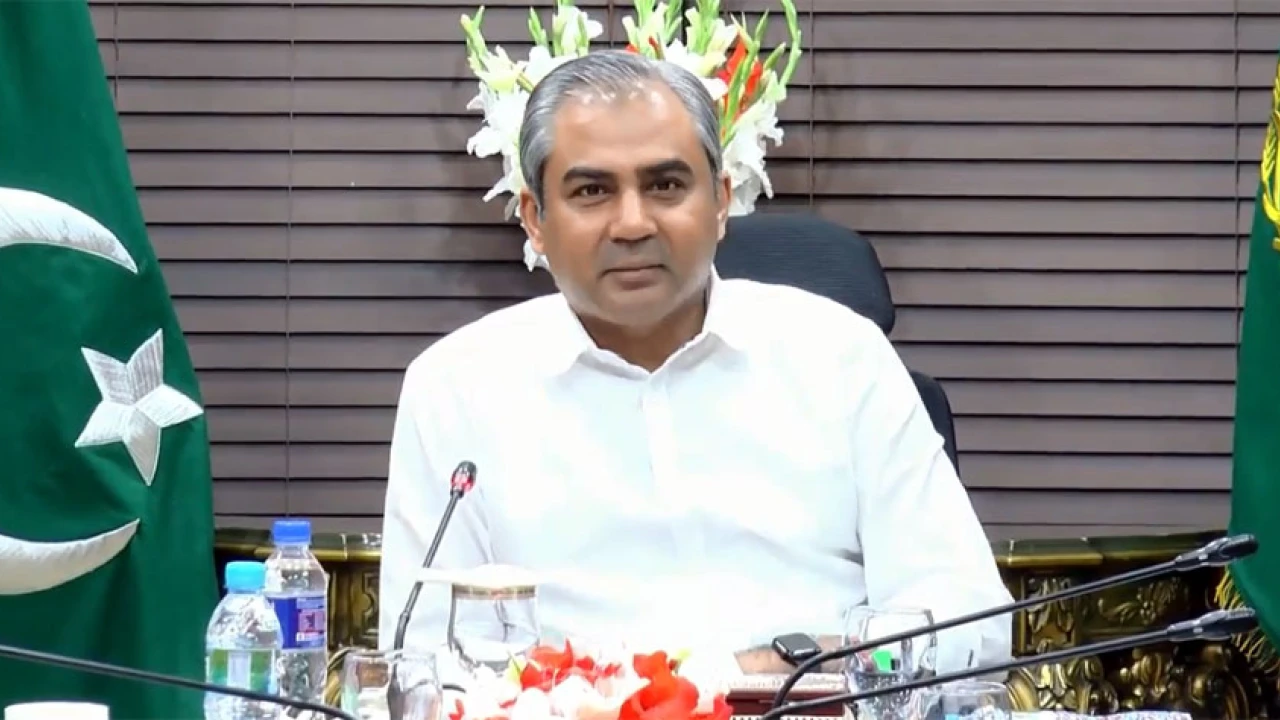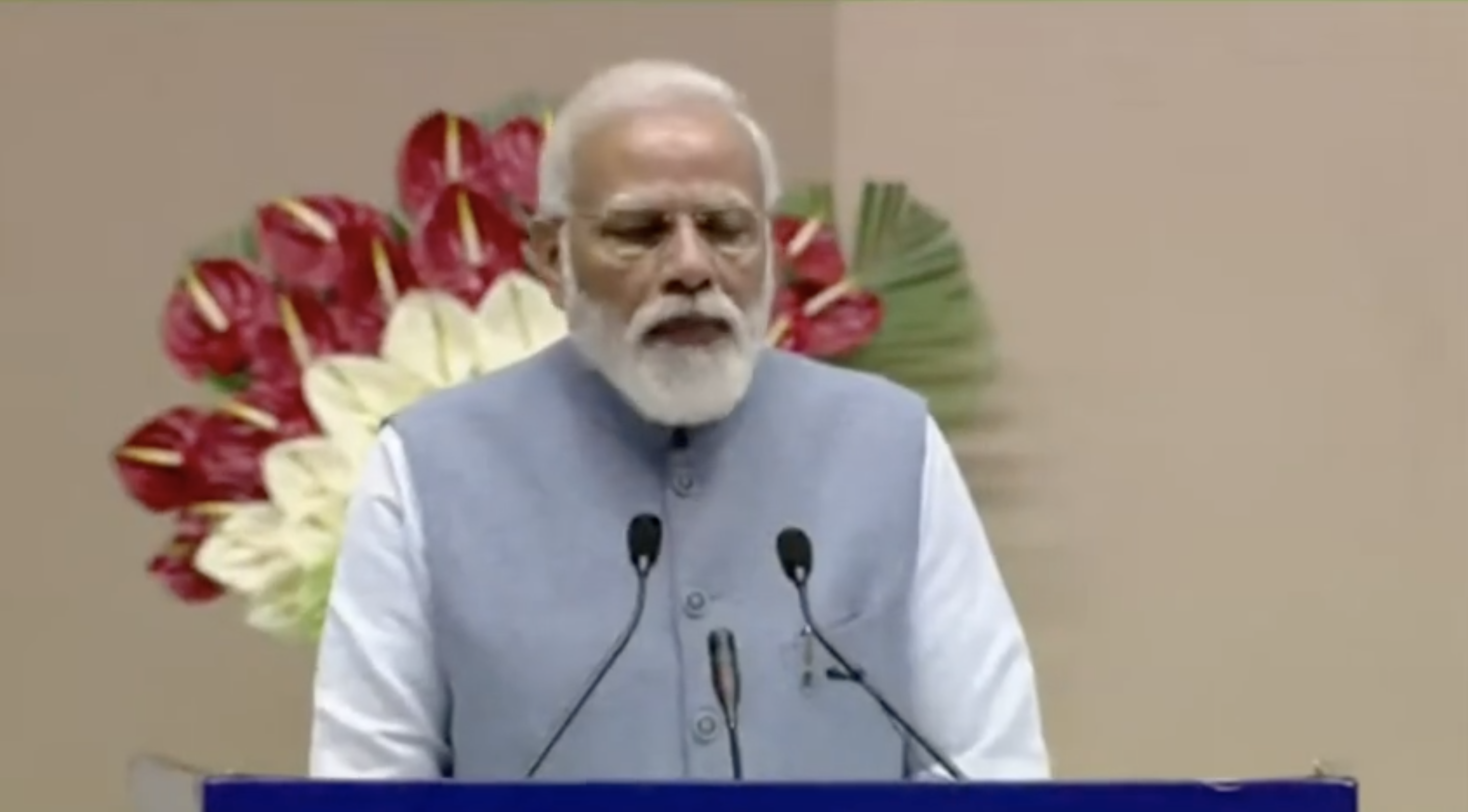Ultimately, the decision to stay or go is a deeply personal one, and there is no right or wrong choice
Nowadays, if you ask a young Pakistani what their plans for the future are, more likely than not, they will tell you they do not plan to stay in the country for long. As things stand, it seems almost the entire youth has set their sights on going abroad for various intents and purposes. In fact, in recent years the trend of Pakistani youth leaving their homeland has been becoming particularly noticeable. One may thus very understandably find themselves asking why this is so.
Lately, a number of reasons have been coming to light regarding this issue, and one of the most common reasons is related to the quality of higher education.
“Well, the job market is becoming more competitive with every passing second, that’s something we all know,” says Sara Zaheer, a student that recently completed her bachelor’s in biotechnology, and is looking to enroll in a master’s program. “They only want the best, and I don’t know about others, but the kind of education I’m looking for to become the best, I haven’t been satisfied by any Pakistani universities or programs.”
A concerningly large number of students have similar complaints, to the point where it seems to be a reflection of the poor educational standing in the country.
A much-related reason seems to be the status of Pakistani universities, i.e., where they rank when compared to those in the rest of the world.
“I think we’ve been hearing these names since our childhood. Harvard, Ivy Leagues, Oxford, and such.” Rania Amjad, a student applying for undergraduate study abroad, says. “They’re selective and competitive so naturally a lot of people are like ‘wow, wouldn’t it be great if I could tell people I got accepted into Harvard?’ and things like that. I think it’s more of a status symbol though. You know they have the cream of the crop, and you want to be part of that.”
She states this in a tone of honesty, shedding much light onto a matter not often talked about – the fact that Pakistani universities have simply failed to distinguish themselves.
One of the most popular reasons that almost all young people tend to agree on, however, is the growing scarcity of job opportunities. Unemployment rates are already at an all-time high, with the number of unemployed people in the country expected to rise by over 2 to 8 million by the end of 2023, approaching 10 percent for the first time.
In such times, many graduates are unable to find suitable jobs in their respective fields. The situation is especially dire for those with specialized degrees such as engineering, medicine, technology, and other sciences.
“It’s so frustrating to see such a lack of work in our country.” Zainab Riaz expresses her discontent. “I’ve studied environmental sciences, and I’ve been looking for work for months and it seems like there’s just nothing out there. It’s making me think the only solution is to pack up and go abroad. And don’t get me wrong, it’s not something I want. But I can’t just sit by doing nothing, so it’s starting to feel like it’s the only option.”
It is indeed quite upsetting to see such a large portion of the youth feel as if they are being backed into a corner with the only solution they can see is leaving the country itself. Be that as it may though, even in such trying times there is still a percentage of people – albeit small – that is adamant to remain within the country, no matter what.
One reason for this appears to be the fact that compared to cost of living abroad, the cost of living in Pakistan seems to be relatively cheaper. While the job market in Pakistan may be challenging, the cost of living is relatively low compared to many other countries, especially in the western world.
This means that even if someone is earning less in Pakistan than they would abroad, their money can go much further, making it easier to afford housing, food, and other necessities. The lower cost of living in Pakistan thus proves a compelling reason for many young people to stay put and build their careers and lives in their own country.
Another – and perhaps the biggest – reason for why some people are absolutely set on staying seems to be a deep-rooted sense of belonging in Pakistan.
Iman Faisal, an undergraduate who intends to remain in Pakistan, voices out, “My whole family is here – immediate, extended and all. Sure, things seem to be becoming bleaker, I’m not going to deny that, but I think it can never be as bleak as living alone, thousands of miles away from everyone you love.”
She then proceeds to ask a truly thought-provoking question. “Plus, people are always complaining about the ‘crashing economy’ and all that. Well, if you’re so worried about the economy, then why aren’t you remaining in the country to contribute to bettering it? Why do you use that as a reason to move out instead?”
Indeed, an interesting take, these words certainly make one stop and consider just how much each person can be held responsible for the ‘crashing economy’ that everyone seems to be complaining about, and how a sense of responsibility towards their country may perhaps be able to bring some much-needed changes.
It is clear that there seem to be as many reasons for moving abroad as there are for remaining in it. Be it a need for work or a thirst for quality education that drives people to leave, or a strong sense of belonging and responsibility that causes them to stay, there will be as many reasons as there are people.
Ultimately, the decision to stay or go is a deeply personal one, and there is no right or wrong choice. What is more important is that young people have the freedom to pursue their own dreams where they themselves see fit, whether that means building a life in their home country or even venturing out into the wider world.
















